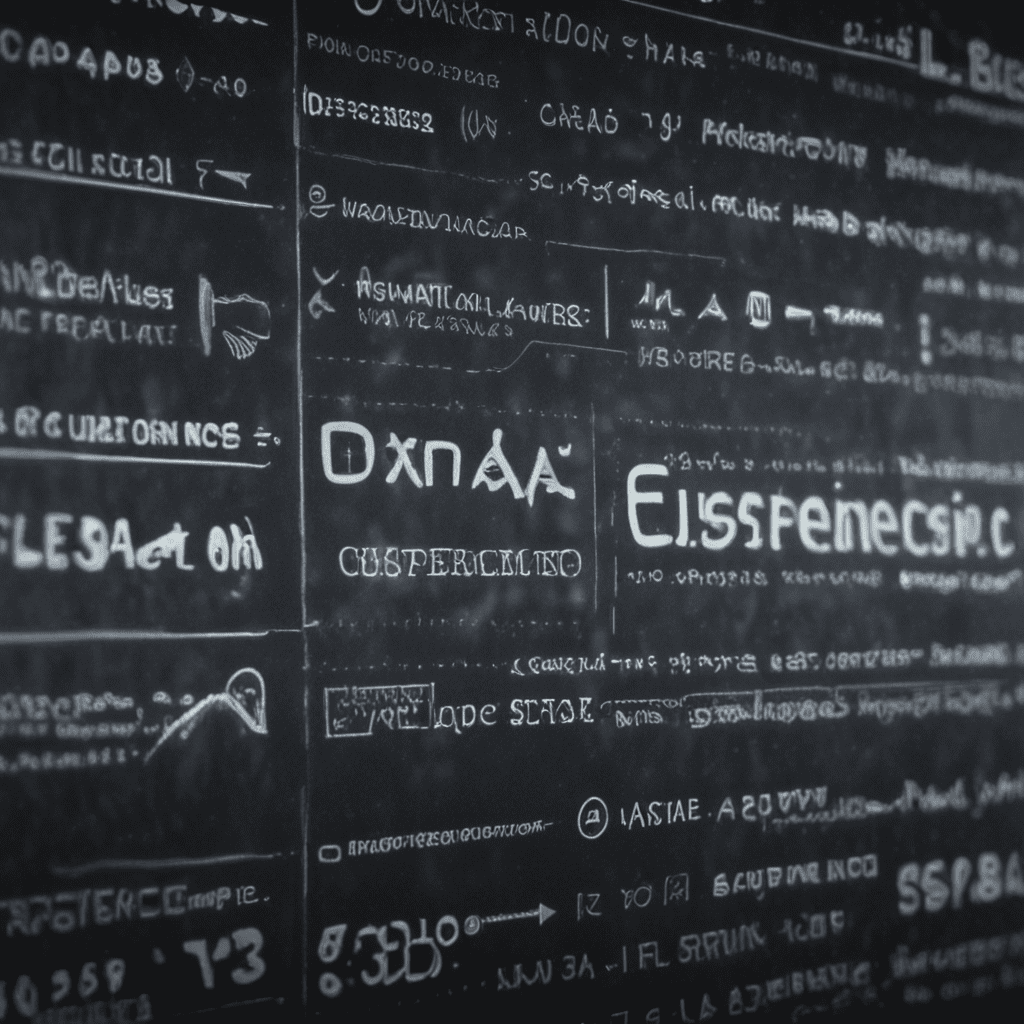
1. Introduction to Blockchain and SaaS
Blockchain technology is a distributed, immutable ledger that records transactions in a secure and transparent manner. SaaS (Software as a Service) is a cloud-computing model where software is delivered over the internet, on a subscription basis. Integrating blockchain into SaaS offerings has the potential to revolutionize the way software is delivered and consumed.
2. Advantages of Integrating Blockchain into SaaS
- Enhanced security: Blockchain's decentralized and immutable nature provides robust security for SaaS applications, protecting data from unauthorized access and malicious attacks.
- Improved transparency and traceability: Every transaction on the blockchain is recorded and visible to all participants, ensuring transparency and traceability throughout the SaaS supply chain.
- Streamlined operations: Blockchain can automate many manual processes within SaaS applications, reducing operating costs and improving efficiency.
- New revenue models: Blockchain enables the creation of new revenue models, such as pay-per-use or micro-payments, by leveraging smart contracts.
- Enhanced customer experience: Blockchain can improve the customer experience by providing real-time access to data, reducing latency, and eliminating the need for intermediaries.
3. Use Cases for Blockchain in SaaS
- Data management: Blockchain can provide a secure and tamper-proof platform for managing sensitive customer data.
- Supply chain management: Blockchain can track the movement of goods and services across the supply chain, ensuring transparency and reducing fraud.
- Digital identity: Blockchain can be used to create secure and verifiable digital identities for users, reducing the risk of identity theft.
- Smart contracts: Blockchain-based smart contracts can automate complex business processes, ensuring the execution of agreements without the need for intermediaries.
- Payments and billing: Blockchain can facilitate secure and efficient payments and billing processes, reducing transaction costs and improving cash flow.
6. Privacy Considerations
While blockchain offers robust security, privacy concerns must be addressed. By default, blockchain transactions are public and immutable, which can expose sensitive data. Privacy-enhancing techniques such as zero-knowledge proofs and homomorphic encryption can mitigate these concerns.
7. Implementing Blockchain in SaaS Applications
Integrating blockchain into SaaS applications requires a well-defined strategy. Factors to consider include:
- Identifying the specific use cases where blockchain adds value
- Choosing the appropriate blockchain platform and consensus mechanism
- Developing smart contracts that define the business logic
- Ensuring compliance with regulatory requirements
- Managing the lifecycle of blockchain data
8. Trends and Future Potential
Blockchain in SaaS is a rapidly evolving field with immense potential. Emerging trends include:
- Decentralized and autonomous SaaS platforms
- Tokenization of SaaS services
- Interoperability between different blockchain platforms
9. Case Studies and Success Stories
- Ethereum-based SaaS platform Storj: Provides a decentralized and secure cloud storage service.
- Blockchain-enabled supply chain management platform VeChain: Helps businesses track the movement of goods from origin to consumption.
10. Conclusion and Future Directions
Integrating blockchain into SaaS offerings presents significant advantages, including enhanced security, improved transparency, and streamlined operations. While challenges and limitations exist, they can be overcome with careful planning and implementation. As the technology continues to mature, we can expect to see blockchain revolutionize the way SaaS applications are delivered and consumed.
FAQ
Q: What are the main benefits of using blockchain in SaaS?
A: Enhanced security, improved transparency, streamlined operations, new revenue models, and enhanced customer experience.
Q: What are some use cases for blockchain in SaaS?
A: Data management, supply chain management, digital identity, smart contracts, and payments and billing.
Q: What are the challenges associated with implementing blockchain in SaaS?
A: Privacy concerns, scalability issues, and regulatory compliance.
Q: How can businesses overcome the challenges of implementing blockchain in SaaS?
A: By adopting privacy-enhancing techniques, choosing the right blockchain platform, and ensuring compliance with regulatory requirements.


